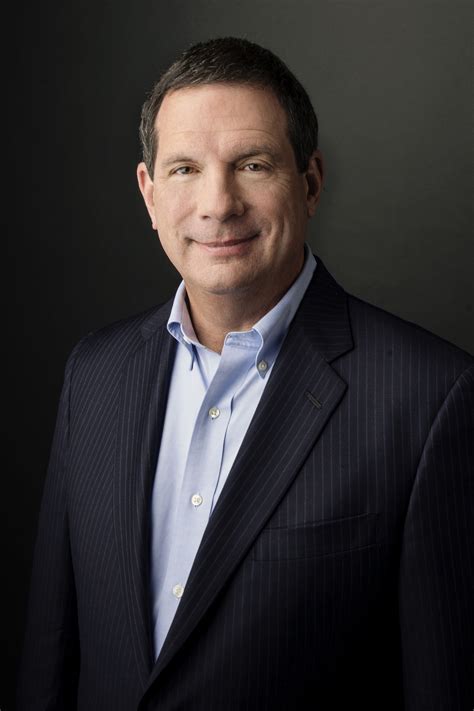A Quote by Laurie Helgoe
Though introverts are drained by interaction, we can take immense pleasure in watching the scene around us.
Related Quotes
Everything in our background has prepared us to know and resist a prison when the gates begin to close around us . . . But what if there are no cries of anguish to be heard? Who is prepared to take arms against a sea of amusements? To whom do we complain, and when, and in what tone of voice, when serious discourse dissolves into giggles? What is the antidote to a culture's being drained by laughter?
The world of politics is divided between people who are introverts - who lose a little bit of energy out of each interaction they have so that by the time the day ends, after 1,000 interactions, they're exhausted - and people like Bill Clinton who are extroverted - who get a little bit of energy from each interaction.
My mind is in so many different places while we're shooting. Part of it is watching the performance, part of it is watching the camera, and part of it is thinking about the stuff that we have to get that day. It's always a pleasure watching, but you also take it for granted, when you're on the actual grind, making the show.
We're in a hyper-connected world, and there's a crisis of connection. The first thing that God says about woman and man in the Bible is that it's not right for humans to be alone. Social media interaction cannot take the place of face-to-face interaction. If anything, it prevents us from doing that. We're staring into our screens for so long that we're forgetting to look at the people directly in front of us.
Remember that introverts react not only to new people, but also to new places and events. So don’t mistake a child’s caution in new situations for an inability to relate to others. He’s recoiling from novelty or overstimulation, not from human contact. Introverts are just as likely as the next kid to seek others’ company, though often in smaller doses
Introverts tend to internalize problems. In other words, we place the source of problems within and blame ourselves. Though introverts may also externalize and see others as the problem, it's more convenient to keep the problem "in house." Internalizers tend to be reliable and responsible, but we can also be very hard on ourselves.
The internet is watching us now. If they want to. They can see what sites you visit. In the future, television will be watching us, and customizing itself to what it knows about us. The thrilling thing is, that will make us feel we're part of the medium. The scary thing is, we'll lose our right to privacy. An ad will appear in the air around us, talking directly to us.
I think Julianne Moore is very, very good. I've worked with her. We did Surviving Picasso. I remember one scene we did together. She had to have a nervous, a mental, breakdown in this one scene. I didn't have many lines. I just had to make sure I knew I came in on cue all right. And I was just watching her walking though the rehearsal. I thought I know what she's doing, "This is going to be terrific." So they said, "Are you ready" and she said, "Yeah," "Ok, roll the camera." And all in one take.




































